|
Staying motivated during call time, especially when making numerous calls to potential donors, can be challenging. Here are some tips to help you maintain your motivation and energy: You want to start by setting clear goals Define specific goals for each call session. Having clear objectives, such as a target number of calls or donations, can give you a sense of purpose and accomplishment. It is crucial to create a positive environment for you and your team. Set up a comfortable and organized workspace. Use positive language and celebrate success during your time doing calls. No success is too small to be celebrated. Trust your team. Your team is here to support you while you are making calls. The process is long and tiring but it will pay off in the end. Trust your team of experts who are here to help you while making calls. To keep yourself motivated it is important to stay focused on the Why. Remember the reasons you're making these calls. Think about the positive change your efforts can bring to the campaign and the community. Plan to reward yourself. Plan small rewards for reaching milestones or completing a set number of calls. This could be a short break, a favorite snack, or a quick walk. Breaking it down into smaller sections will make calls seem less intimidating. Divide your call time into smaller blocks. Focus on making a certain number of calls within each block, and then take short breaks in between to recharge. Switch up your approach if you find yourself getting bored or demotivated. try different variations of your script, experiment with different talking points, or change your pace. Stay Connected with your team. If you're part of a team, stay connected with your colleagues. Sharing successes, challenges, and motivating stories can help create a supportive environment. Practice gratitude to keep a positive mindset. Reflect on the positive aspects of your work. Focus on the connections you're building and the contributions you're making to the campaign. Remember the Impact. Remind yourself that every call contributes to the larger effort of the campaign. Your interactions could influence voters, raise funds, and shape the political landscape. Practice Patience when making calls. Not every call will result in immediate success. Stay patient and view each call as a step toward achieving your goals. Remember that staying motivated during call time is a mental challenge, and finding strategies that resonate with you personally can make a significant difference. Mix and match these tips to create a routine that keeps you engaged and energized. If you have any questions about call time management we are happy to help! Contact us to get started today. Using social media effectively is essential for any political campaign in today's digital landscape. At SPM+, we have a team of social media experts who will help bring your campaign vision to life.
To get started you are going to want to define your social media strategy. Set clear goals and objectives for your social media efforts. Determine your target audience, messaging, and key platforms to focus on. Develop a content strategy that aligns with your campaign's values and objectives. Based on the demographic you are trying to reach it is crucial that you choose the right platforms. Identify the social media platforms that resonate most with your target audience. Facebook, Twitter, Instagram, LinkedIn, and YouTube are commonly used for political campaigns, but choose the ones that are most relevant to your campaign's goals and where your target audience is active. Ensure that you create engaging and shareable content. Develop compelling content that tells your campaign's story, showcases your personality, and highlights your key messages. Use a mix of text, images, videos, and infographics to keep your content diverse and visually appealing. Make it easy for supporters to share your content with their networks. Engaging with your audience is a great way to connect with voters. Social media is a two-way communication channel. Engage with your audience by responding to comments, messages, and mentions. Encourage conversations and ask for feedback or opinions on relevant issues. This interaction builds trust, demonstrates responsiveness, and fosters a sense of community. Take advantage of platform’s feature to track and analyze your social media performance. Utilize analytics tools provided by social media platforms to track the performance of your posts, engagement levels, audience demographics, and reach. Analyzing data will help you understand what content resonates with your audience and make informed decisions about your social media strategy. Be vigilant and stay updated on social media trends and policies: Social media platforms and algorithms are constantly evolving. Stay informed about changes in policies, algorithm updates, and new features on the platforms you use. Experiment with new formats or trends that are relevant to your campaign to keep your content fresh and engaging. Remember, social media is a powerful tool for reaching and engaging with your audience, but it requires a thoughtful strategy, consistent effort, and active engagement to be effective. Have questions on social media strategy? We are happy to help! Contact us to get started today. Planning a political fundraiser requires careful organization and attention to detail. Here at SPM+, our team of experts is here to help you plan, organize and execute your fundraising events. These are some tips to help you with the process:
The first thing you will want to do is define your goals. Determine realistic goals for the upcoming fundraiser. You want a practical idea of how much money you expect to receive from this fundraiser. Next, you will want to set a budget. Establish a realistic budget that covers all the necessary expenses, such as venue rental, catering, entertainment, and any other costs associated with the event. After that, you will need to choose a suitable venue. Select a venue that accommodates your expected number of guests and aligns with the tone of your event. The best practice is to choose a venue within the district that you are running in, local restaurants that are willing to help support your campaign are a perfect example. Consider factors like accessibility, parking facilities, and the overall atmosphere. It is crucial to ensure that you have a strong team. Assemble a dedicated team of volunteers or staff members who can assist you with various aspects of the fundraiser, such as logistics, marketing, guest management, and finance. To ensure you reach you fundraising goals, it is important to identify potential donors who are interested in supporting your campaign. Develop a list of potential donors and supporters interested in attending or contributing to your campaign. Leverage your network, engage with local organizations, and explore online platforms to expand your reach. Promoting the event is one of the most important steps. Utilize various marketing channels to promote your fundraiser, including social media platforms, email newsletters, and personal outreach. Leverage the networks of your team members, supporters, and candidates to expand your reach. Once at the event ensure you provide multiple donation options. Make it easy for attendees to donate by offering various payment methods such as donation envelopes for cash/check donations and online platforms such as ActBlue, Clearly communicate how the funds will be used and the impact they will have. In the days following the fundraiser follow up and express gratitude. After the fundraiser, express your gratitude to attendees, donors, hosts, and the venue. Send thank-you notes, or emails, or make personal calls to show appreciation for their support. Additionally, provide updates on the progress and outcomes achieved through their contributions. Remember, planning a successful political fundraiser requires effective communication, attention to detail, and proactive engagement with potential supporters. Have questions on where to get started when planning a fundraiser? We are happy to help! Contact us to get started today. Logos play a crucial role in political campaigns as they serve as powerful visual representations of a candidate's identity, values, and message. At SPM+, we understand the importance that a strong logo can have on a campaign and our team of experts is dedicated to carefully curating the perfect logo that encapsulates the overall message of your campaign. Having a consistent logo creates instant recognition. A well-designed campaign logo can create instant recognition and help voters easily identify and remember a candidate or cause. Logos act as visual representations of the campaign, appearing on various materials such as yard signs, bumper stickers, flyers, and social media profiles. When people see the logo repeatedly, it reinforces the campaign's presence and message. Your logo will strengthen the campaign’s branding and identity. A campaign logo visually represents a candidate or cause's brand and identity. It encapsulates the campaign's values, vision, and personality. A strong logo can evoke emotions and create a sense of trust, credibility, and authenticity. A unique logo provides differentiation. In a crowded political landscape, a unique and well-designed logo can help a candidate or cause stand out from competitors. It distinguishes the campaign from others, helping to create a memorable and distinctive image. A well-done logo allows for a clear message. A campaign logo can convey key messages or themes through its design elements, colors, and typography. It can capture the essence of the campaign's platform or central ideas, enabling voters to quickly grasp the candidate's priorities or the advocated cause. With a strong campaign logo you can achieve visual consistency which will strengthen your campaign brand. Logos provide a consistent visual element across various campaign materials and platforms. They create a sense of unity and cohesion, reinforcing the campaign's professionalism and organization. A consistent logo helps maintain a coherent visual identity throughout the campaign, improving recognition and recall. Overall, campaign logos serve as powerful visual tools that encapsulate a campaign's identity, convey messages, create recognition, and differentiate candidates or causes in the minds of voters. They are an integral part of effective campaign branding and communication. Have questions on where to get started when curating a logo? We are happy to help! Contact us to get started today. Here at SPM+, we specialize in creating custom campaign websites that help engage visitors. There are many key elements a campaign website should include. When creating a campaign website, it's essential to provide visitors with relevant information about your campaign, engage them with your message, and encourage them to take action.
To get started be sure to create a homepage. Your homepage should be compelling and immediately grab visitors' attention, clearly communicate your campaign's purpose, and encourage them to explore further. Tell voters who you are with an About page. Provide an overview of your campaign's mission, goals, and values. Share information about yourself or cause their background, experience, and why they are running for office or advocating for a specific issue. Voters want to know what you stand for and your vision. You can make it clear with a Platform page. Dedicate a section to highlight the key issues or policies your campaign focuses on. Clearly articulate your stance on each issue and propose solutions. Use compelling visuals, statistics, and stories to reinforce your message. Make sure to always have a call to action. Be sure to include a link for visitors to Get Involved: Offer various ways for visitors to get involved in your campaign, such as volunteering, donating, hosting events, or joining your mailing list. Provide clear instructions on how they can contribute and make it easy for them to take action. When building out your website you can use it as a place to inform supporters on updates from the campaign trail. Share regular updates, news articles, press releases, and blog posts about your campaign's activities, achievements, and endorsements. This helps build credibility and keeps supporters informed. Your digital presence is also important when working to build credibility. Make sure to have social media channels and link them to your campaign's official website. Make sure voters know how to get in contact with your campaign. Contact Information: Make it easy for visitors to contact your campaign with any questions, concerns, or media inquiries. Provide a contact form or email address and display your campaign's physical address and phone number, if applicable. Endorsements are so important when it comes to campaigns. Have a dedicated space for endorsements. Highlight any endorsements or testimonials from influential individuals, organizations, or community leaders. This adds credibility and demonstrates support for your campaign. Most importantly make sure to have a donation page. Include a secure donation page where visitors can contribute to your campaign. Clearly explain how their donations will be used and consider offering different contribution levels or recurring donation options. Remember to prioritize a user-friendly design, mobile responsiveness, and easy navigation throughout your campaign website. Regularly update the content to reflect the latest campaign activities and news. Have questions on where to get started when building a website? We are happy to help! Contact us to get started today. Phone banking is a powerful way to engage with voters or supporters over the phone. Here are some steps you can follow to plan a successful phone bank:
Start by determining the purpose of the phone bank: What do you want to accomplish with this phone bank? Is it to mobilize voters, get feedback on your campaign, or raise money for a cause? Clarifying your goal will help you determine the target audience and the message you want to convey. Next step is to set a date and time: Once you have your purpose and audience identified, pick a date and time that works best for both you and your target audience. Make sure to consider hours in which the audience will likely be working and any other scheduling conflicts. After that you will need to recruit volunteers: Reach out to volunteers who are passionate about your cause or campaign. Advertise the phone bank on social media and through email newsletters to recruit volunteers. Creating a script is crucial: Develop a script that includes your message, purpose, and responses to frequently asked questions. The script should be clear, concise, and easy to follow. Once finished with the script, it is time to train your volunteers: Before the phone bank, provide your volunteers with training on the script, the goals of the phone bank, and any other relevant information. Make sure they are comfortable with the script and confident in their ability to handle potential objections. Before the phone bank ensure that you prepare your phone list: Compile a list of phone numbers that your volunteers will call. Make sure the list is accurate and up-to-date. You can use a spreadsheet or phone banking software to manage the list. Finally it is time to conduct the phone bank: On the day of the phone bank, make sure all volunteers have the necessary equipment and materials. Monitor the progress of the phone bank to ensure that everything is running smoothly. Follow up is crucial: After the phone bank, follow up with any leads or potential supporters who expressed interest in your campaign and cause. This will lay the foundation for your fundraising and community outreach efforts. Keep in touch with your volunteers and thank them for their participation. By following these steps, you can plan a successful phone bank that helps you achieve your goals and engage with your audience! Funding a political campaign can be a complex and challenging process, but there are several strategies you can use to raise money for your campaign. Here are some steps to follow:
Develop a fundraising plan: Create a plan for how much money you need to raise and how you will allocate those funds. Consider the costs of advertising, travel, events, and staff salaries. Identify potential donors: Build a list of individuals, organizations, and groups that may be interested in supporting your campaign. This could include friends, family, colleagues, and business associates. Host fundraising events: Host fundraising events such as rallies, dinners, and auctions to engage with potential donors and ask for their support. You can also leverage social media to promote your events. Leverage technology: Use digital tools like email campaigns, social media ads, and crowdfunding platforms to reach a broader audience and make it easy for supporters to donate. Follow legal guidelines: Ensure that you comply with all campaign finance laws and regulations. This includes reporting all donations and expenditures, and following contribution limits and disclosure requirements. You can find the requirements on the Secretary of State’s website here. Build relationships: Build long-term relationships with your supporters by keeping them updated on your campaign's progress and staying in touch after the election. Consider hiring a fundraising consultant: If you are new to political fundraising or need additional support, consider hiring a fundraising consultant to help you develop a strategy and execute your plan. We offer assistance with fundraising and are able to help with email fundraising, building donor lists, fundraising event planning and more. Reach out for a free consultation at [email protected]. We are happy to help! Check out our 2022 Impact Report! We are proud to have worked on so many amazing campaigns with great candidates driven to make a difference.
|
About SPM+SPM+ is a one-stop-shop political marketing firm that has wins throughout the Southwest. With over 30 years of combined experience SPM+ is helping win seats for Democrats with leading creative, field, and fundraising strategies. Archives
August 2023
Categories |
Contact Us602.834.8232
[email protected]
|
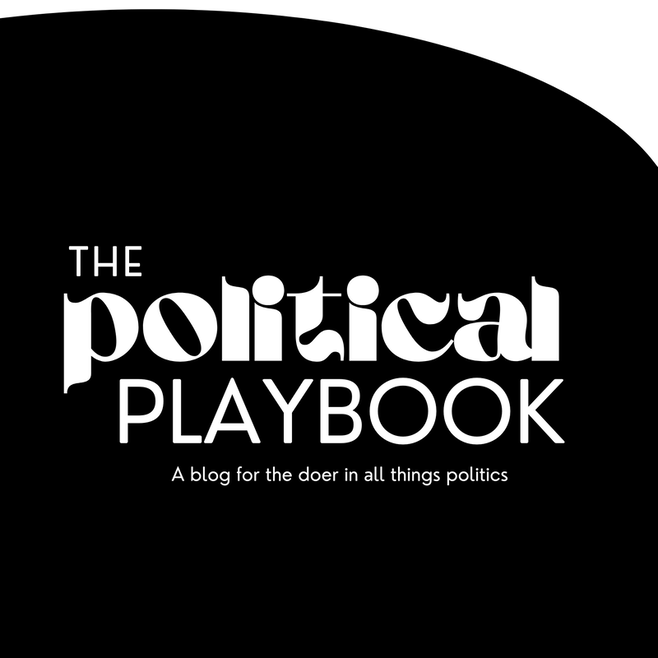
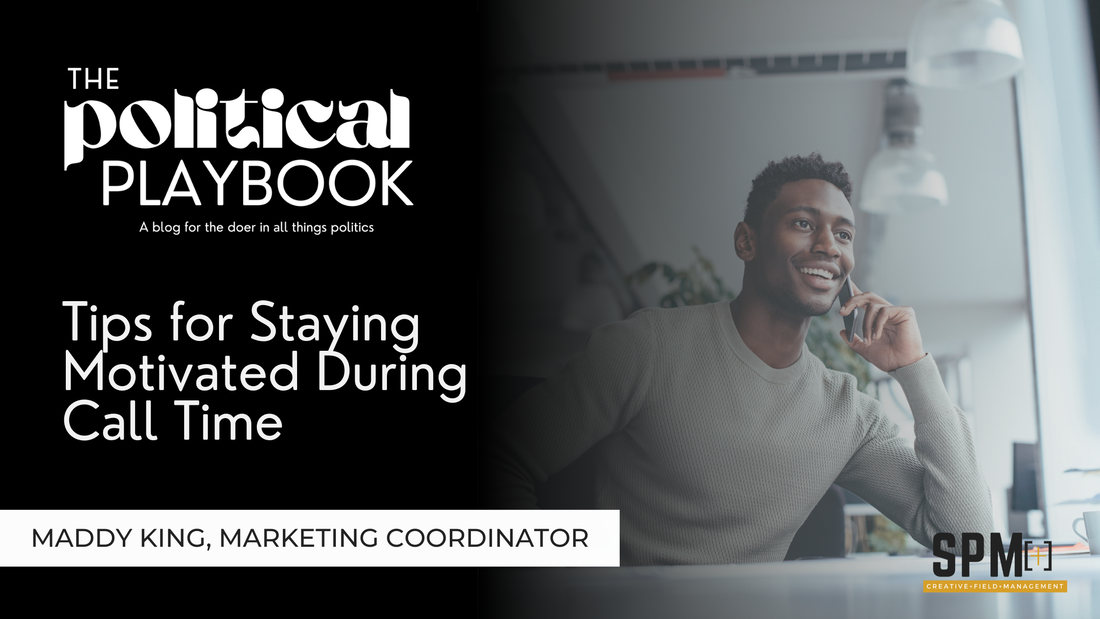
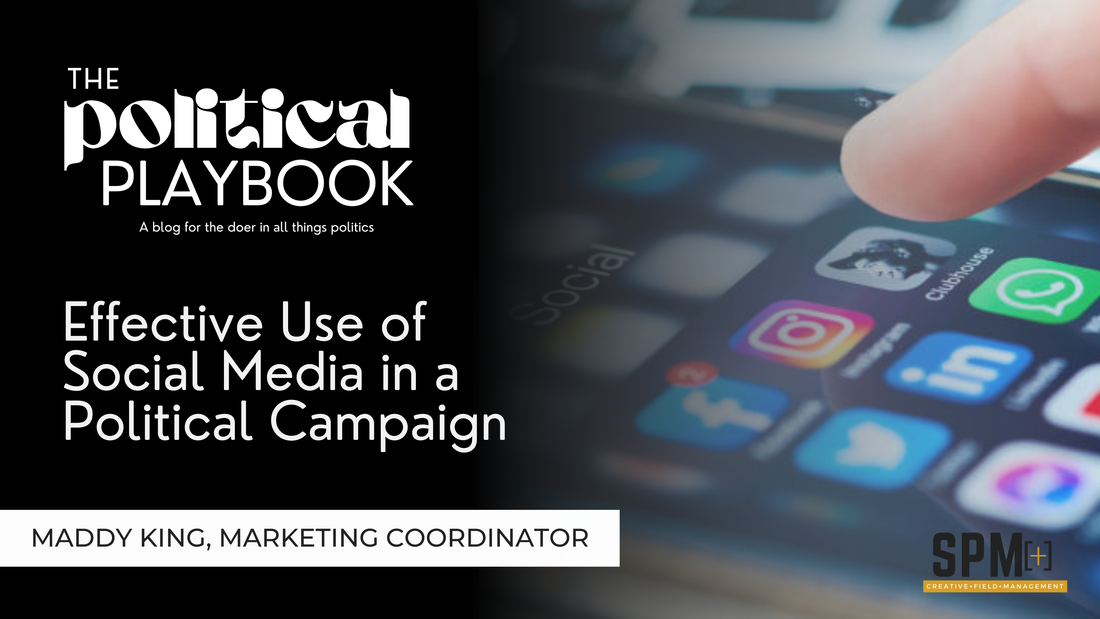
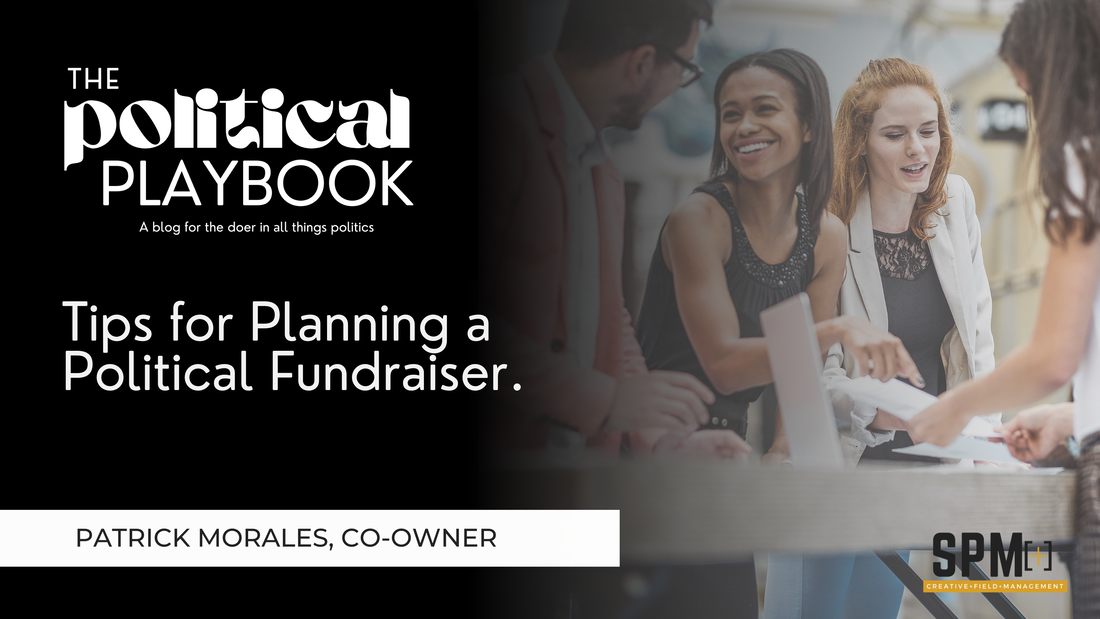
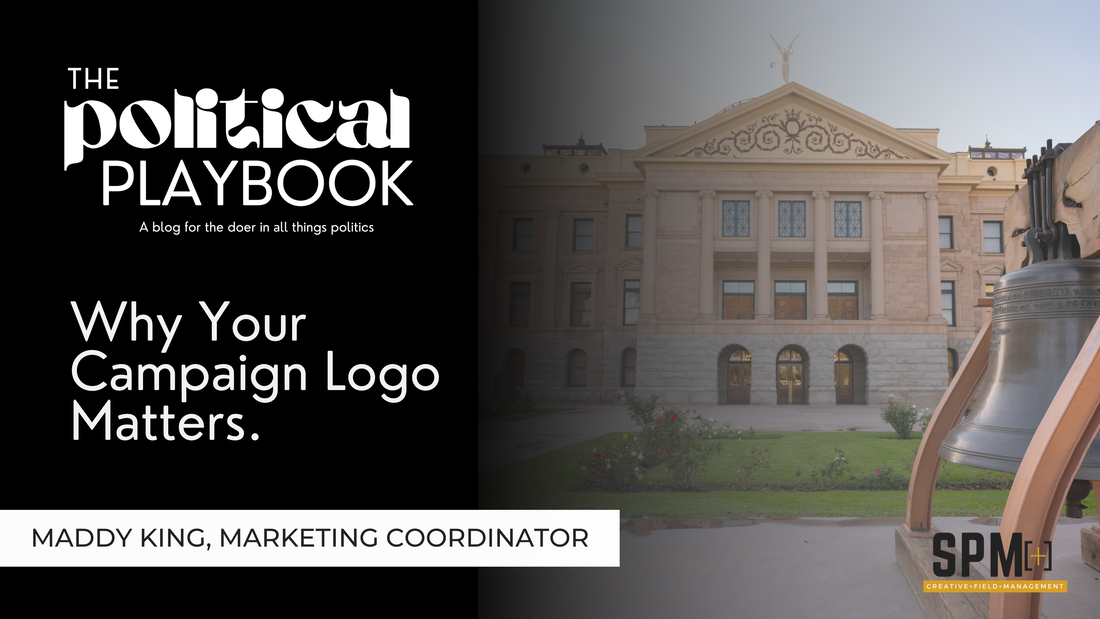
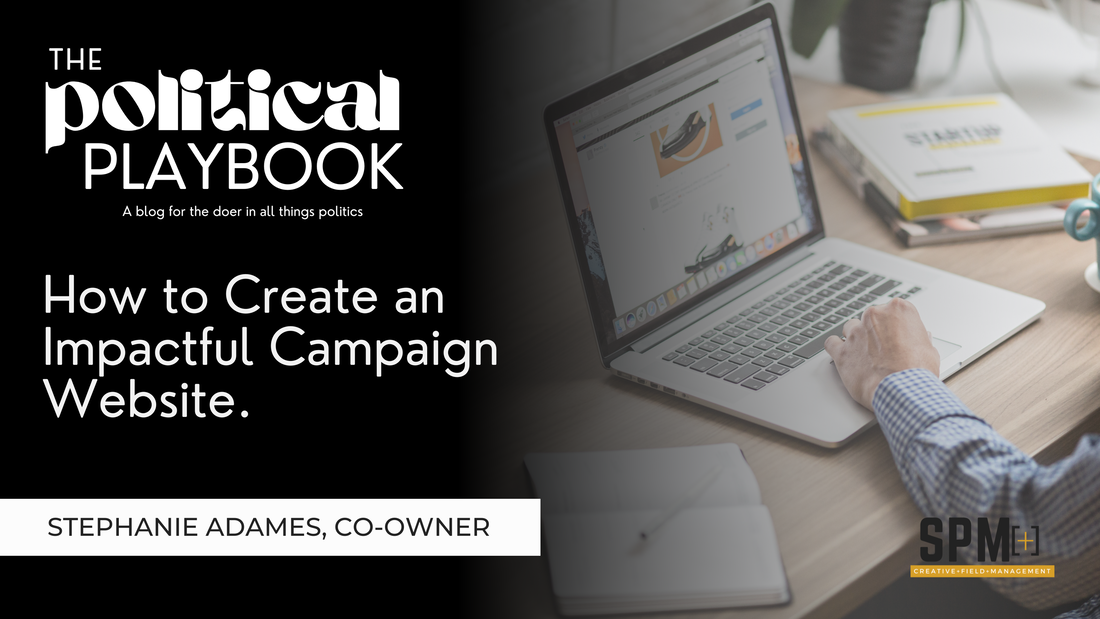
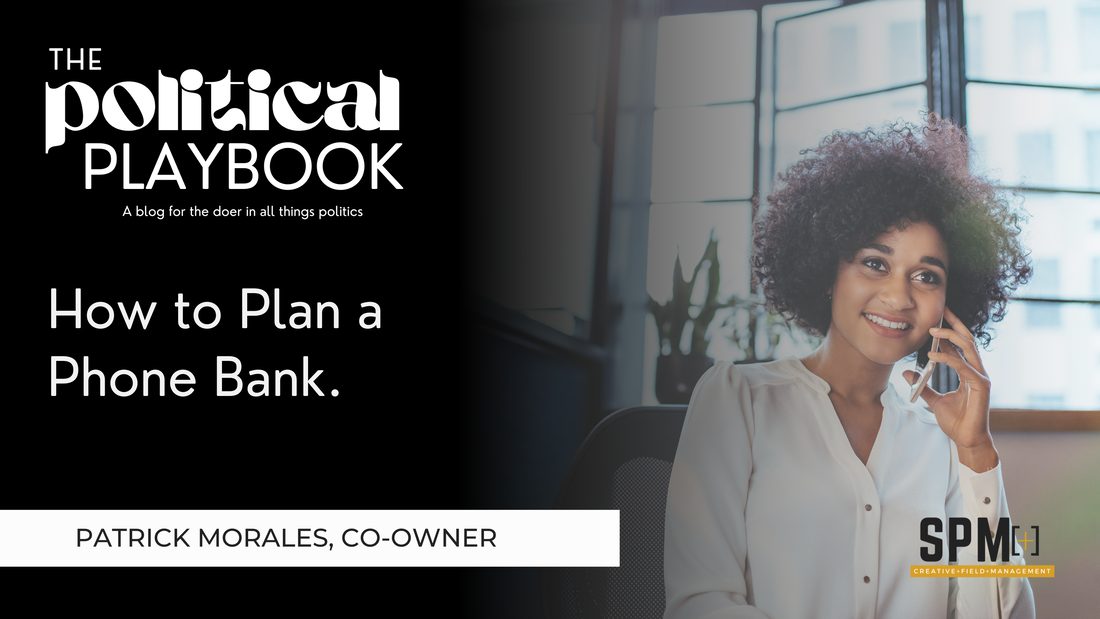
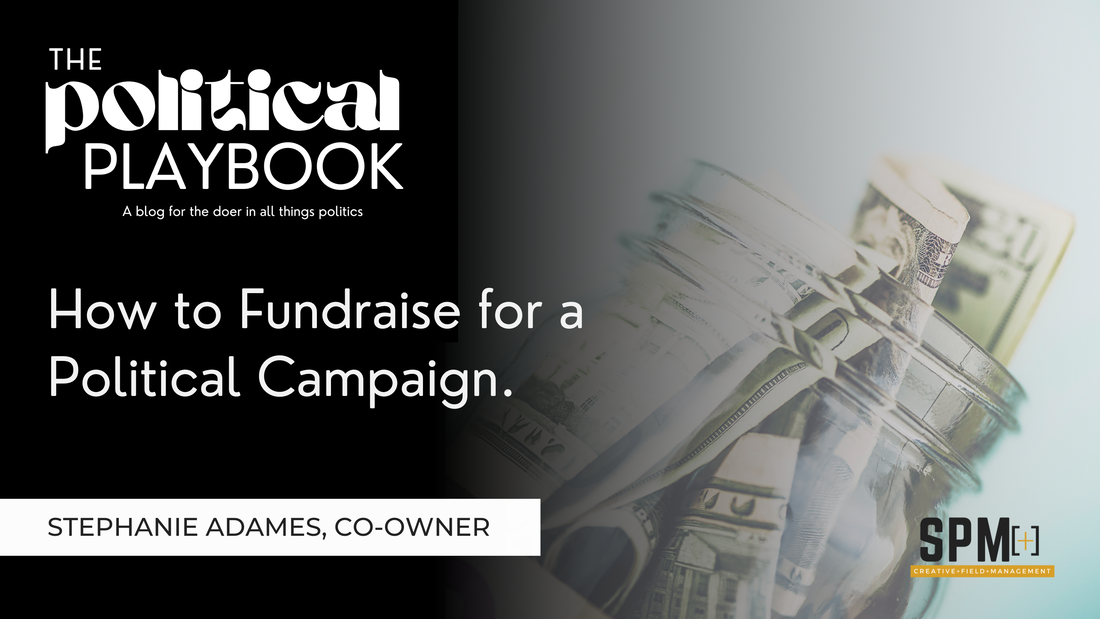

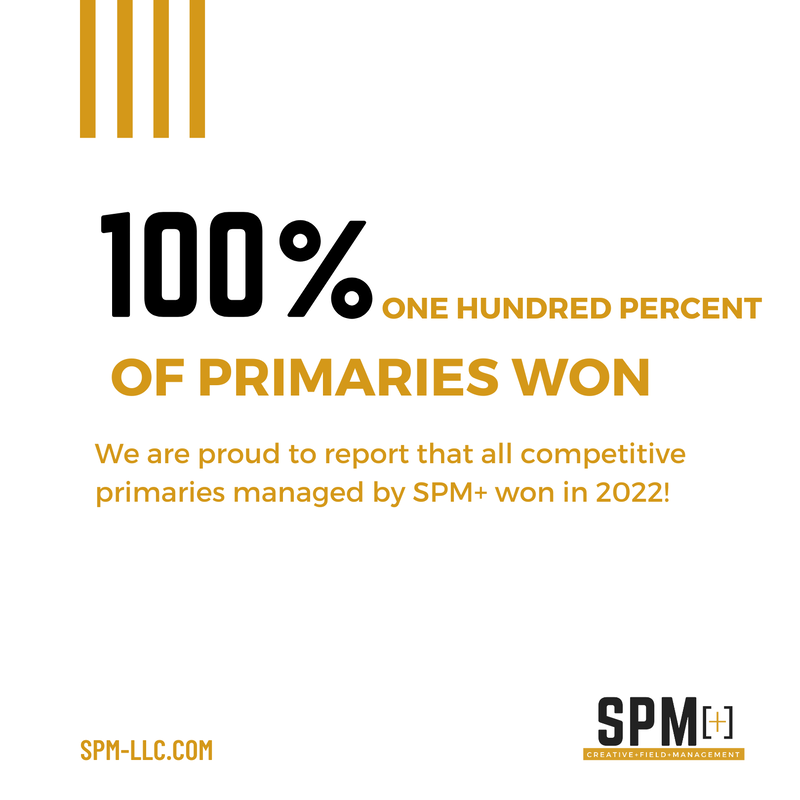
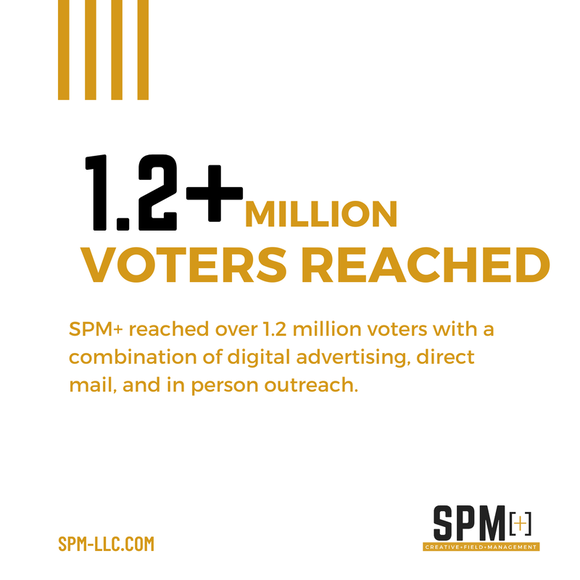
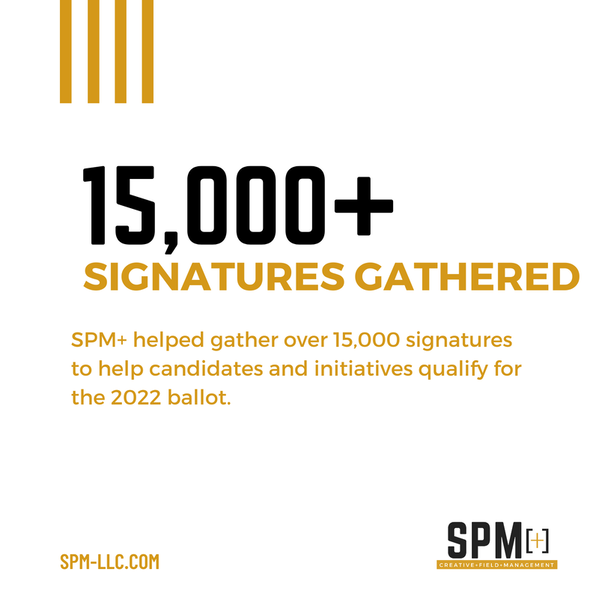
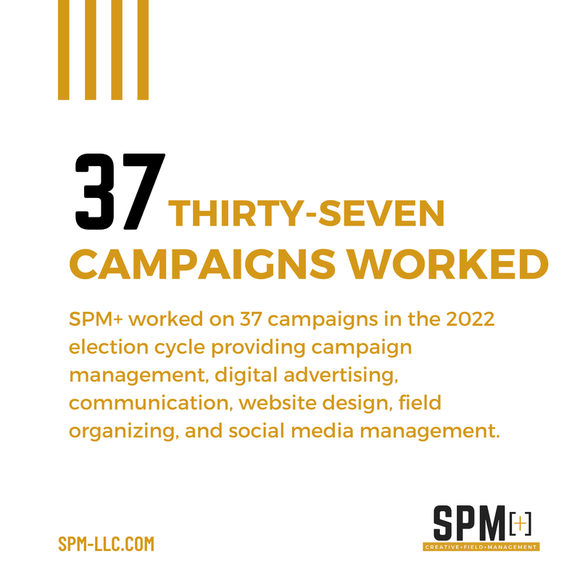

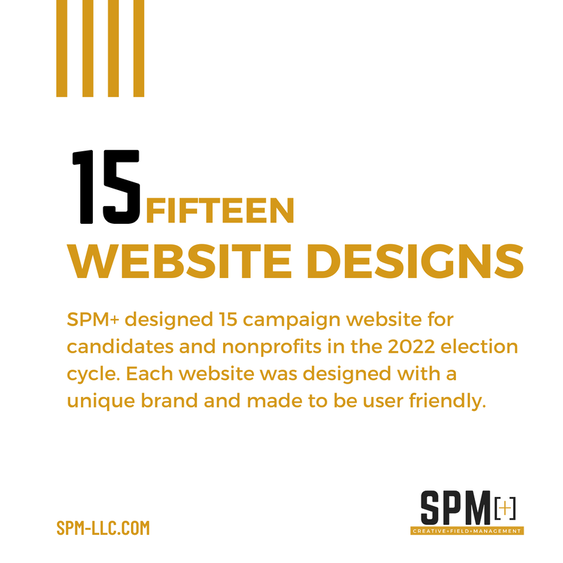
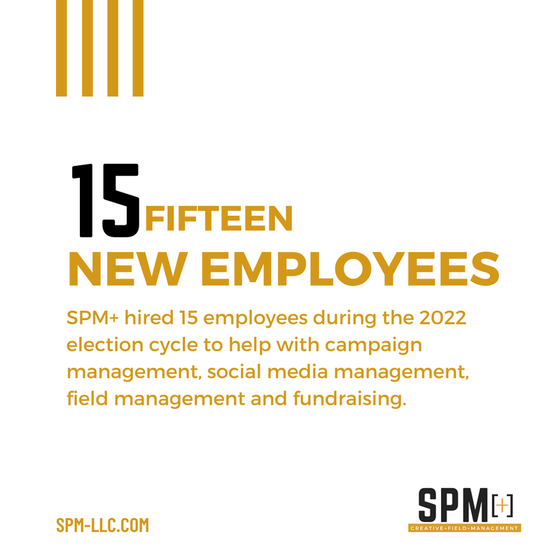
 RSS Feed
RSS Feed

